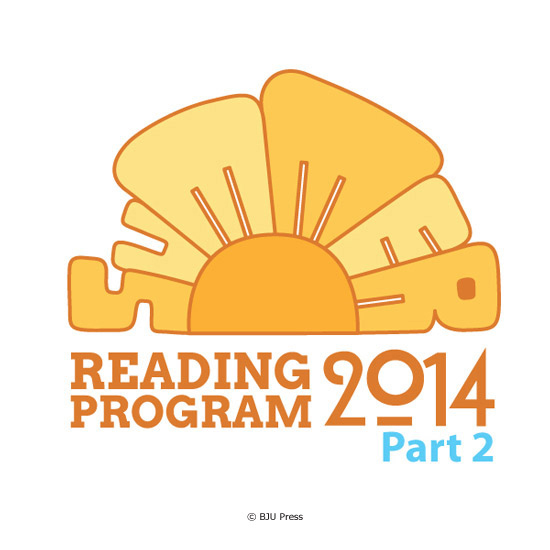
All of us at BJU Press would like to say “thank you” to the teachers, parents, and administrators who work hard to help students with learning disabilities to reach their full potential. We interviewed Anna Hamrick, a teacher who assists struggling readers, to get her perspective on teaching. It’s my hope that her thoughts will be an encouragement as you continue helping your students.
1. How long have you been a teacher? How much of that time have you been working with students who have learning disabilities?
This is my ninth year teaching full-time. I also was a part-time substitute teacher in Greenville County for six years while I was home with young children. Thinking back, I believe I have worked with students with learning disabilities every year.
2. Where do you currently work?
I currently teach in the Learning Resource Center at Bob Jones Academy Elementary School.
3. How do you help the students at the Learning Resource Center?
I teach the third- through sixth-grade students who struggle with reading. We work on phonics, decoding, expression, comprehension, and many other reading skills. My desire is that the students will take what they learn in my class and apply it to their other reading assignments and to their recreational reading. Ultimately, I want my students to love to read!
4. How do you adapt BJU Press textbooks when teaching your special needs students?
The adaptations I make to the reading curriculum are minor. I definitely move at a slower pace. I also place a much heavier emphasis on oral reading. This gives me an opportunity to pinpoint areas of weakness in rate, decoding, punctuation, and expression. For my younger students, I often read the entire worktext page to them while allowing them to answer the questions independently.
5. Do you have any advice for teachers who teach students with learning disabilities?
Be patient and be flexible! Be prepared to adjust your plans if necessary. Sometimes learning disabled students need extra time with certain skills.
Be aware. Keep an eye on how your students are doing in all their classes. Communicate regularly with the parents and the general education teachers.
Be approachable. Make sure the teachers and parents know they can come to you for advice, help, and encouragement. Be prepared to give the general education teachers suggestions for accommodations in the regular classroom and to give parents advice for how to help at home.
